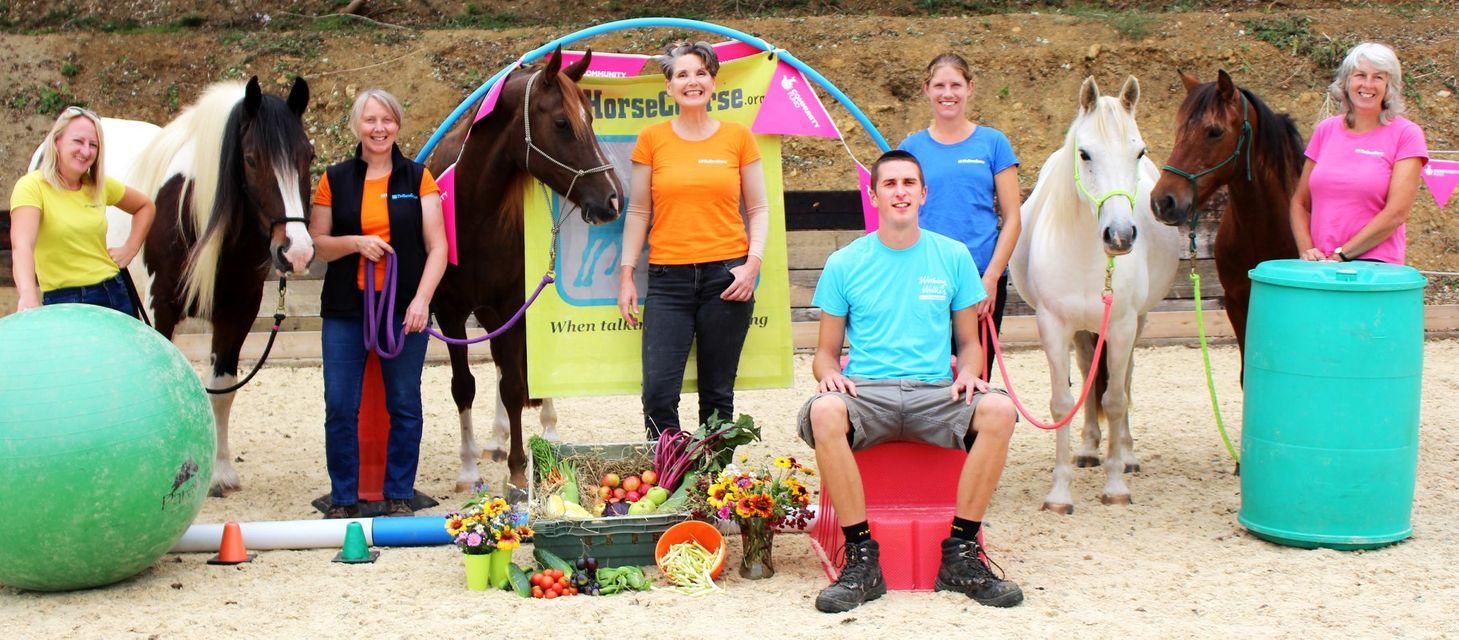
Participants typically have a number of serious problems and are referred because they are ‘stuck’ or disengaged from talk-based support. The Horse Course teach, rehearse and repeat key resilience skills in an intensive and challenging, but fun, 5 day programme with feedback in-the-moment from specially trained horses and 1-to-1 facilitator support.
Patrons: Martin Clunes and Lord Knight of Weymouth